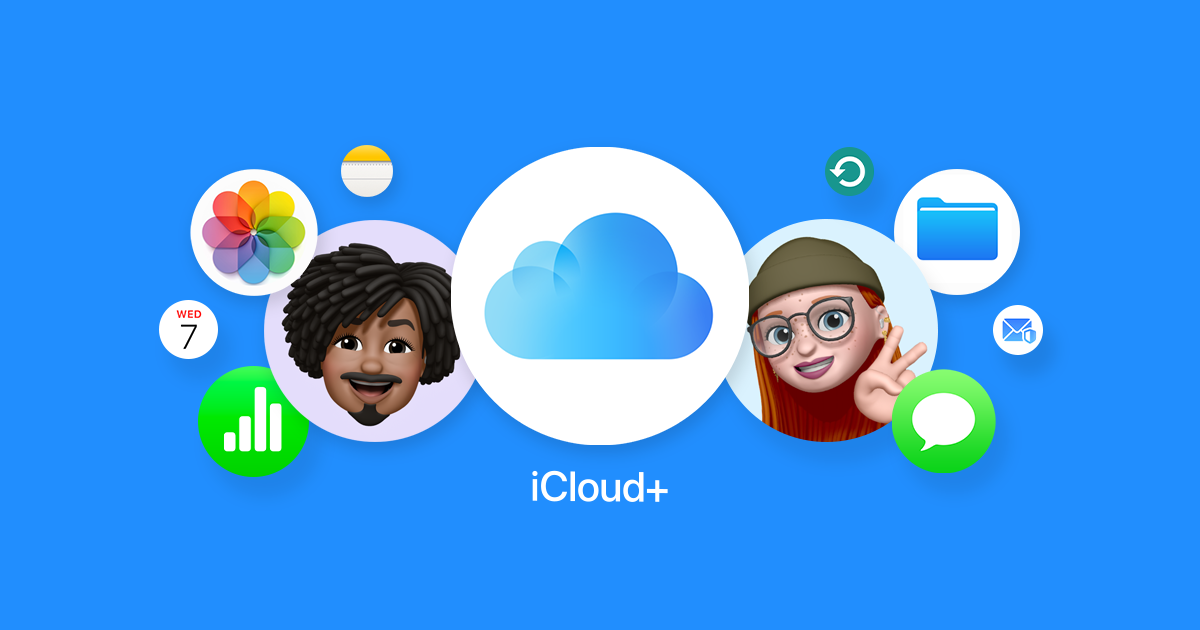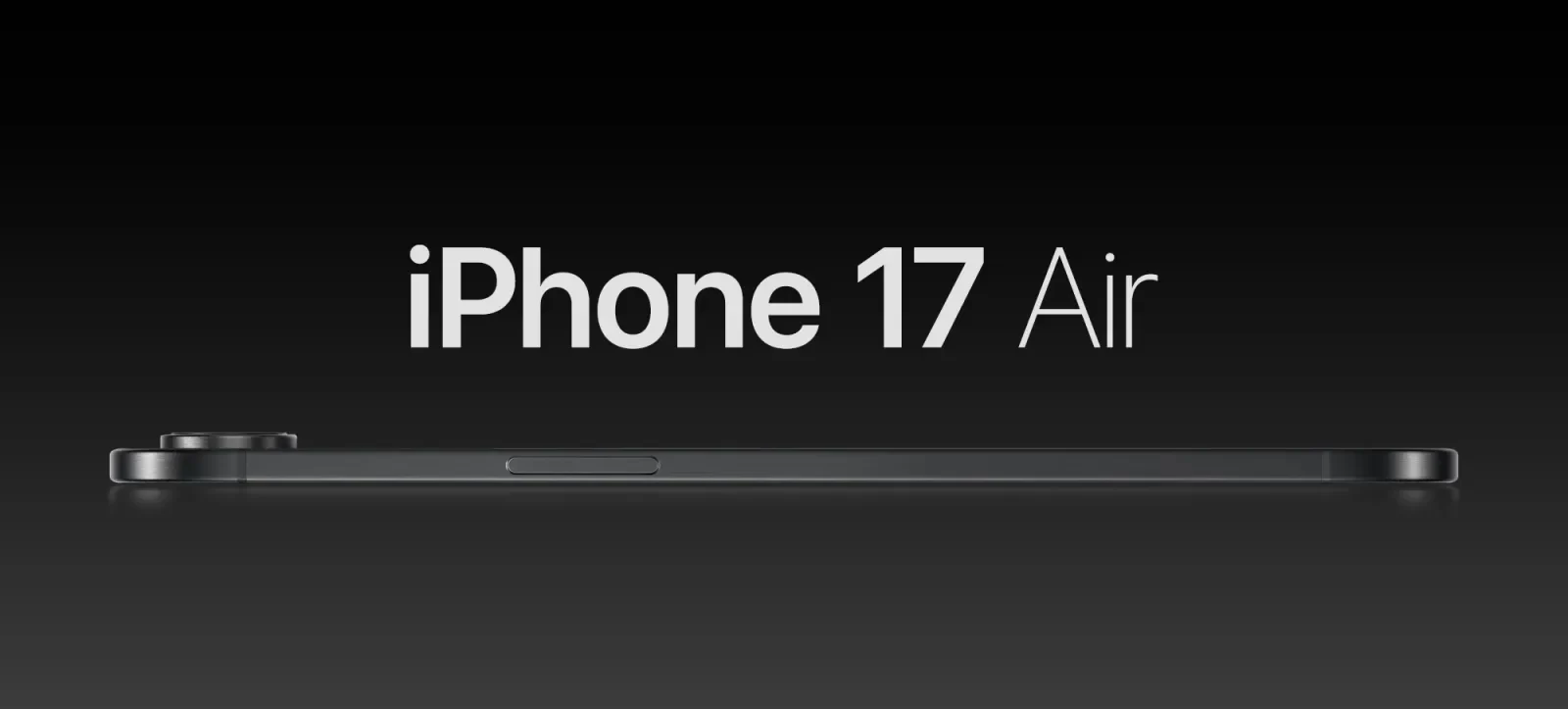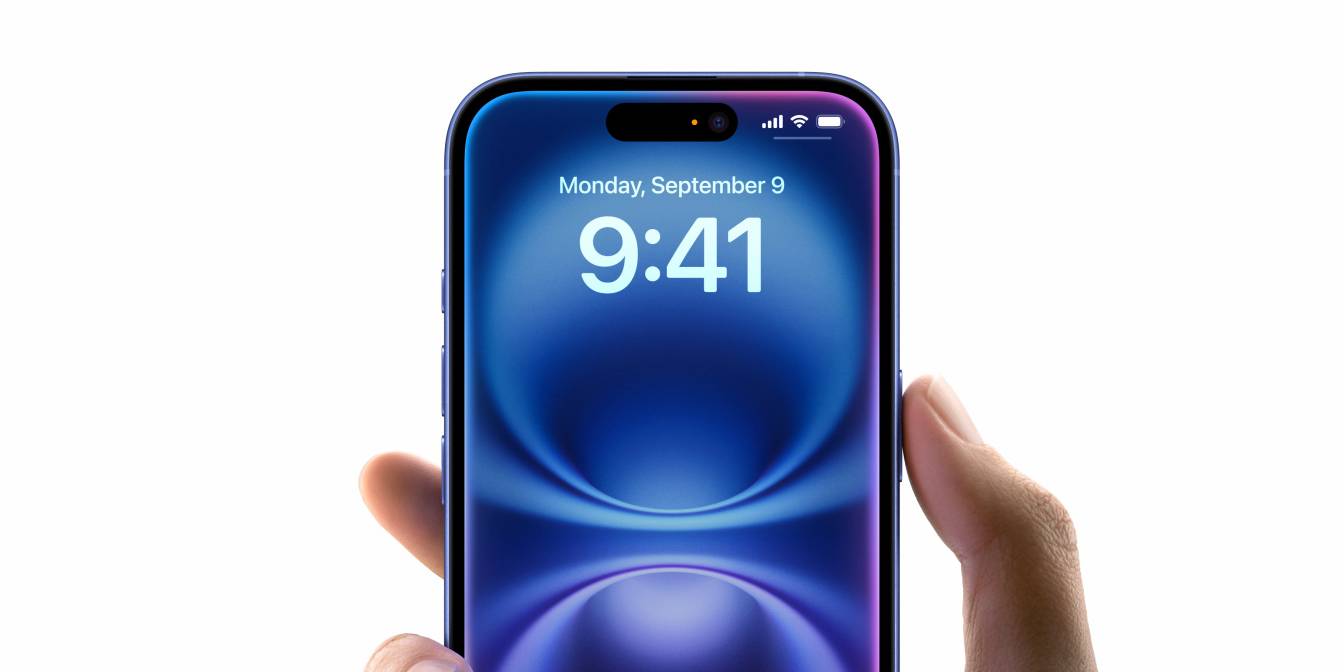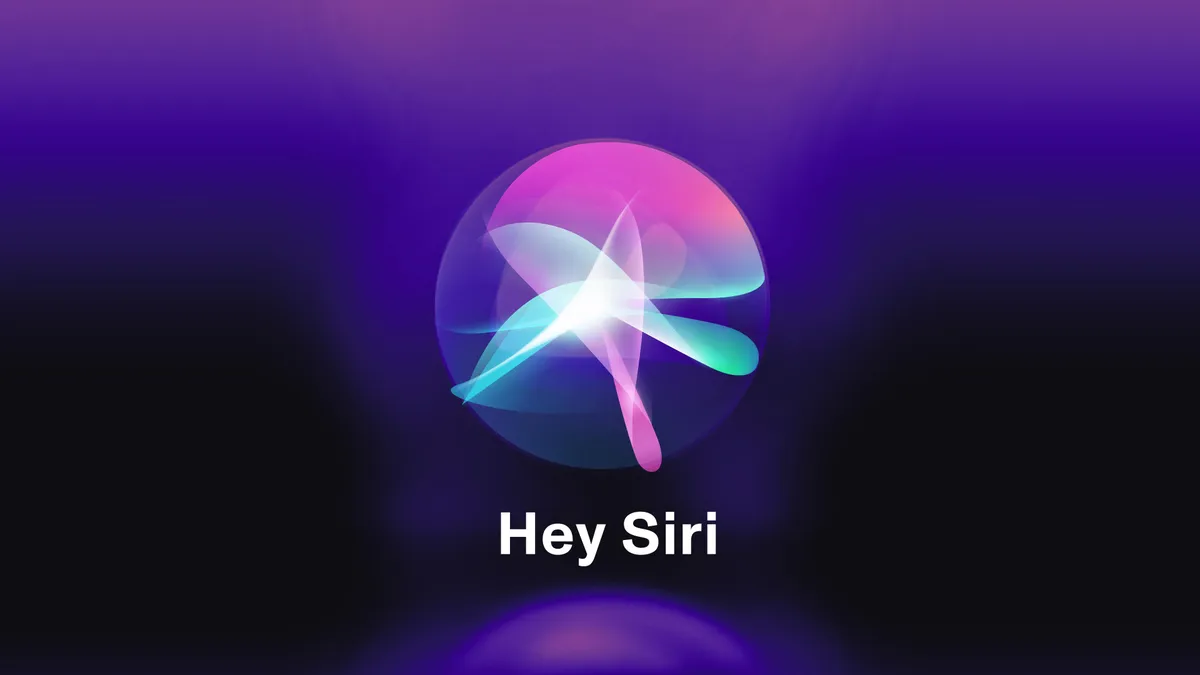The smartphone world is a constant race for innovation, with manufacturers continually pushing the boundaries of performance and design. In recent years, a key area of focus has been thermal management, ensuring devices can handle increasingly powerful processors without overheating. While Android manufacturers have embraced vapor chamber cooling for some time, Apple has traditionally relied on heat sinks. However, rumors suggest this is about to change with the upcoming iPhone 17 series.
Recent reports from sources in China indicate that Apple plans to incorporate vapor chamber (VC) technology into all models of the iPhone 17 family, including both the Pro and non-Pro versions. This move marks a significant shift in Apple’s approach to cooling. Vapor chambers are sophisticated cooling systems that utilize the principles of evaporation and condensation.
They consist of a sealed metal enclosure containing a small amount of liquid, typically de-ionized water. When the chipset generates heat, this liquid evaporates, absorbing the heat in the process. The vapor then travels to a cooler part of the chamber, condensing back into liquid, releasing the heat. This cycle effectively spreads the heat across the surface of the chamber, allowing for more efficient cooling.
This news contradicts earlier speculation from prominent Apple analyst Ming-Chi Kuo, who initially suggested that only the top-tier iPhone 17 Pro Max would feature a VC cooling system. The inclusion of VCs across the entire iPhone 17 lineup suggests Apple is prioritizing thermal performance across the board. Furthermore, rumors also point to the non-Pro iPhone 17 models finally receiving high-refresh-rate displays, though whether these will be 90Hz or 120Hz remains to be seen.
Beyond cooling enhancements, Apple appears to be planning a major design overhaul for 2025 by introducing the ultra-thin iPhone 17 Air. This model has generated significant buzz, with rumors hinting at a design reminiscent of the classic MacBook Air.
The iPhone 17 Air has been a subject of much speculation, with early rumors referring to it as the “iPhone Slim.” The key feature that has captured everyone’s attention is its expected thinness. Initial reports suggested a thickness of around 6.25mm, roughly 25% thinner than the Pro models. However, more recent information from Ming-Chi Kuo indicates that the 17 Air could be even thinner, reaching a mere 5.5mm at its thinnest point.
This revelation has sparked considerable discussion, particularly the phrasing “thinnest part.” This suggests Apple might be considering a tapered design, similar to the iconic wedge shape of the original MacBook Air. This design approach would allow the device to be incredibly thin at certain points while maintaining a more practical thickness in other areas.
The tapered design of the classic MacBook Air was a defining feature, beloved by many for its sleek aesthetics and comfortable ergonomics. It instantly distinguished the MacBook Air from other laptops and symbolized Apple’s design prowess. Replicating this design language in the iPhone 17 Air would not only be a nostalgic callback to Apple’s history but could also offer significant practical benefits.
One of the primary concerns with larger smartphones is one-handed usability. While larger screens offer a more immersive viewing experience, they can be challenging to handle with one hand. This is a common reason why some users prefer smaller devices. The iPhone 17 Air, with its rumored 6.6-inch display, sits between the 6.3-inch iPhone 17 Pro and the 6.9-inch iPhone 17 Pro Max. This size could be ideal for many users, offering a larger screen without the unwieldiness of the Pro Max.
The tapered design could play a crucial role in enhancing one-handed usability. By making the bottom portion of the device, where the hand naturally rests, the thinnest part, Apple could effectively mitigate the challenges associated with a larger screen. This would allow users to enjoy the benefits of a larger display without sacrificing comfortable one-handed operation.
In essence, the iPhone 17 Air could offer a compelling combination of a larger, more immersive display and comfortable one-handed use, thanks to its innovative design. This could be a game-changer for users who have been hesitant to embrace larger smartphones due to concerns about ergonomics.
If Apple can successfully implement this design, the iPhone 17 Air could become a highly sought-after device, potentially even attracting users away from the Pro line. The combination of improved cooling with vapor chambers across the lineup, and the potential for a groundbreaking, nostalgic design with the iPhone 17 Air, paints an exciting picture for the future of Apple’s smartphones.





